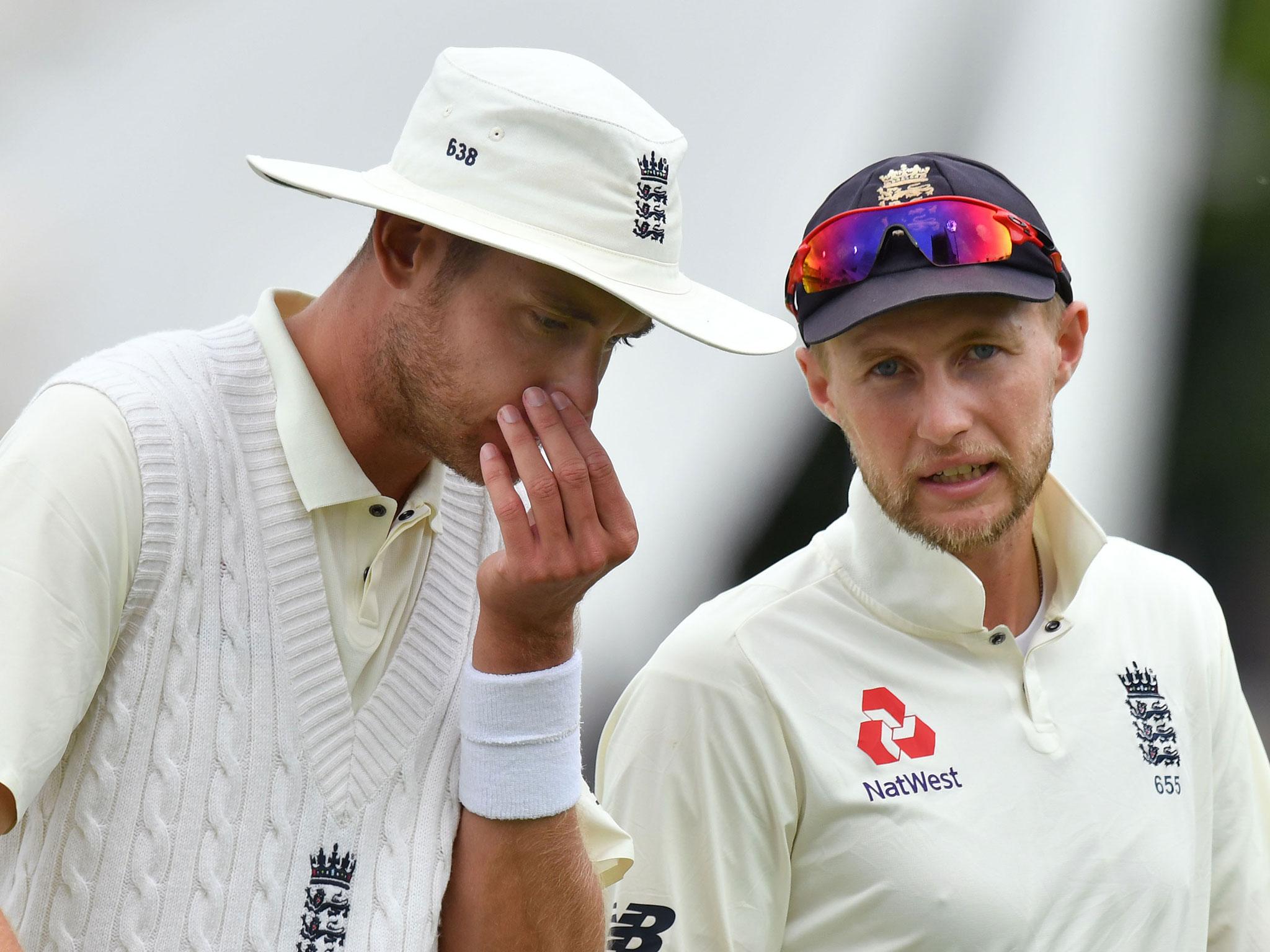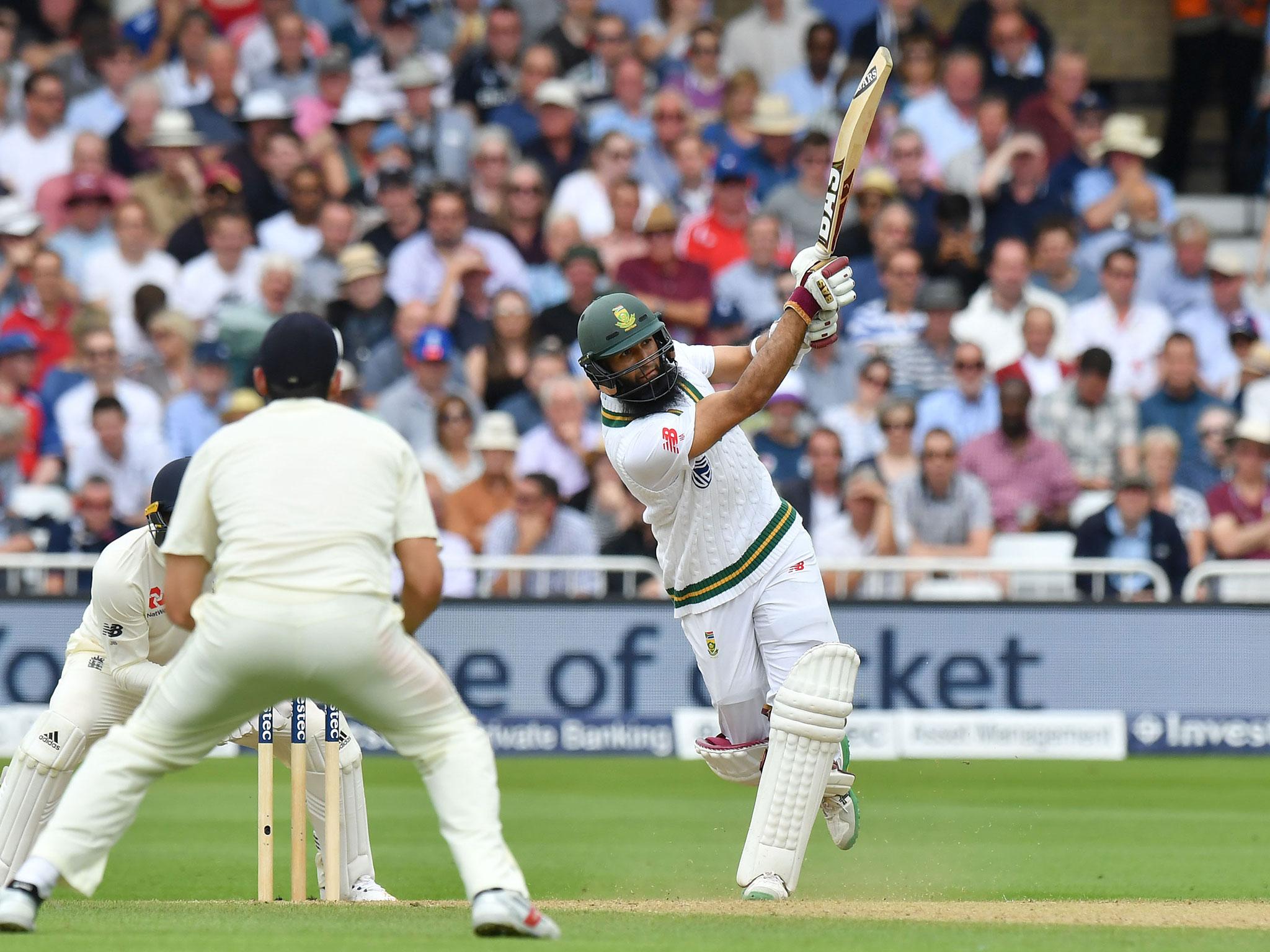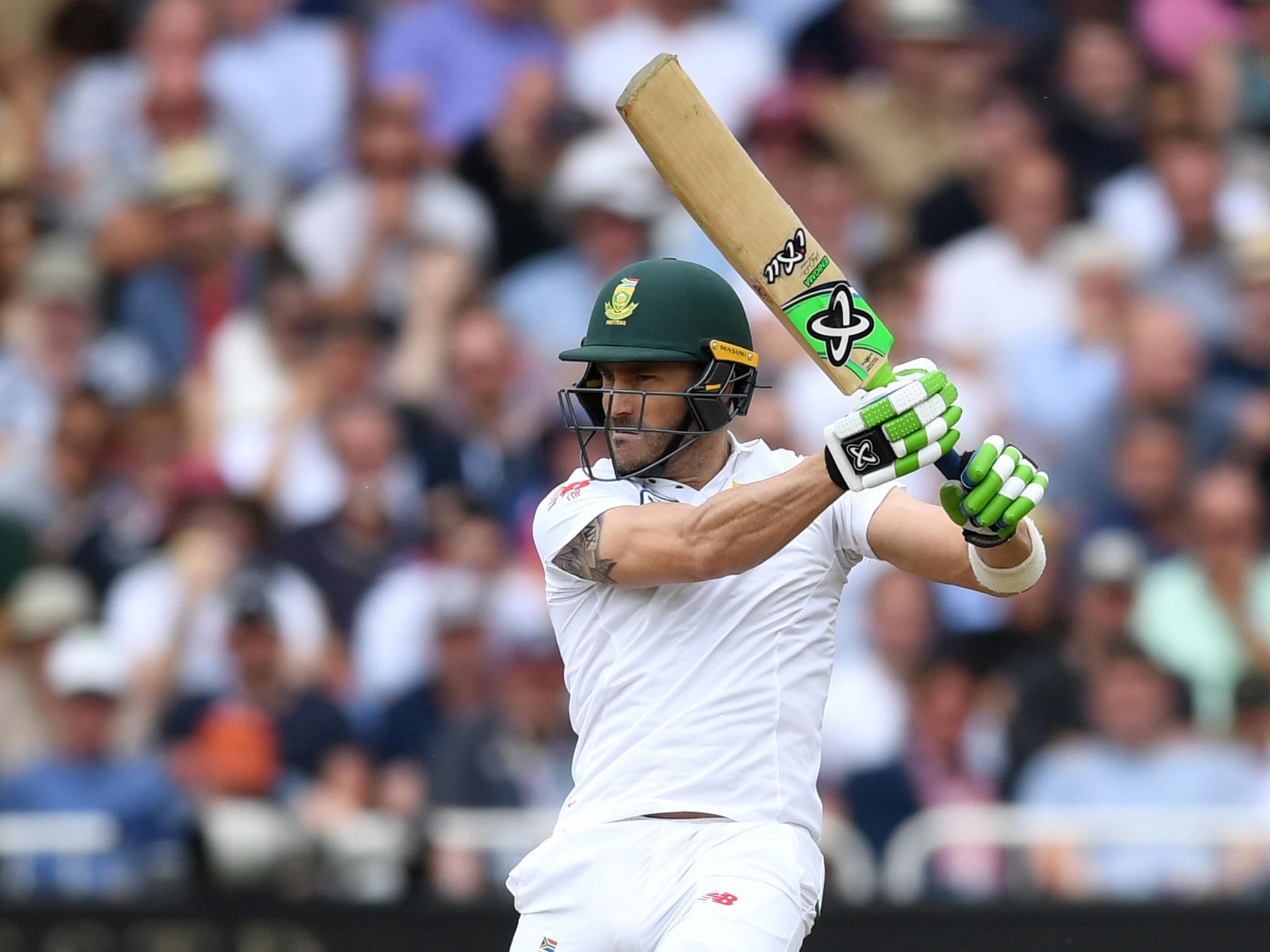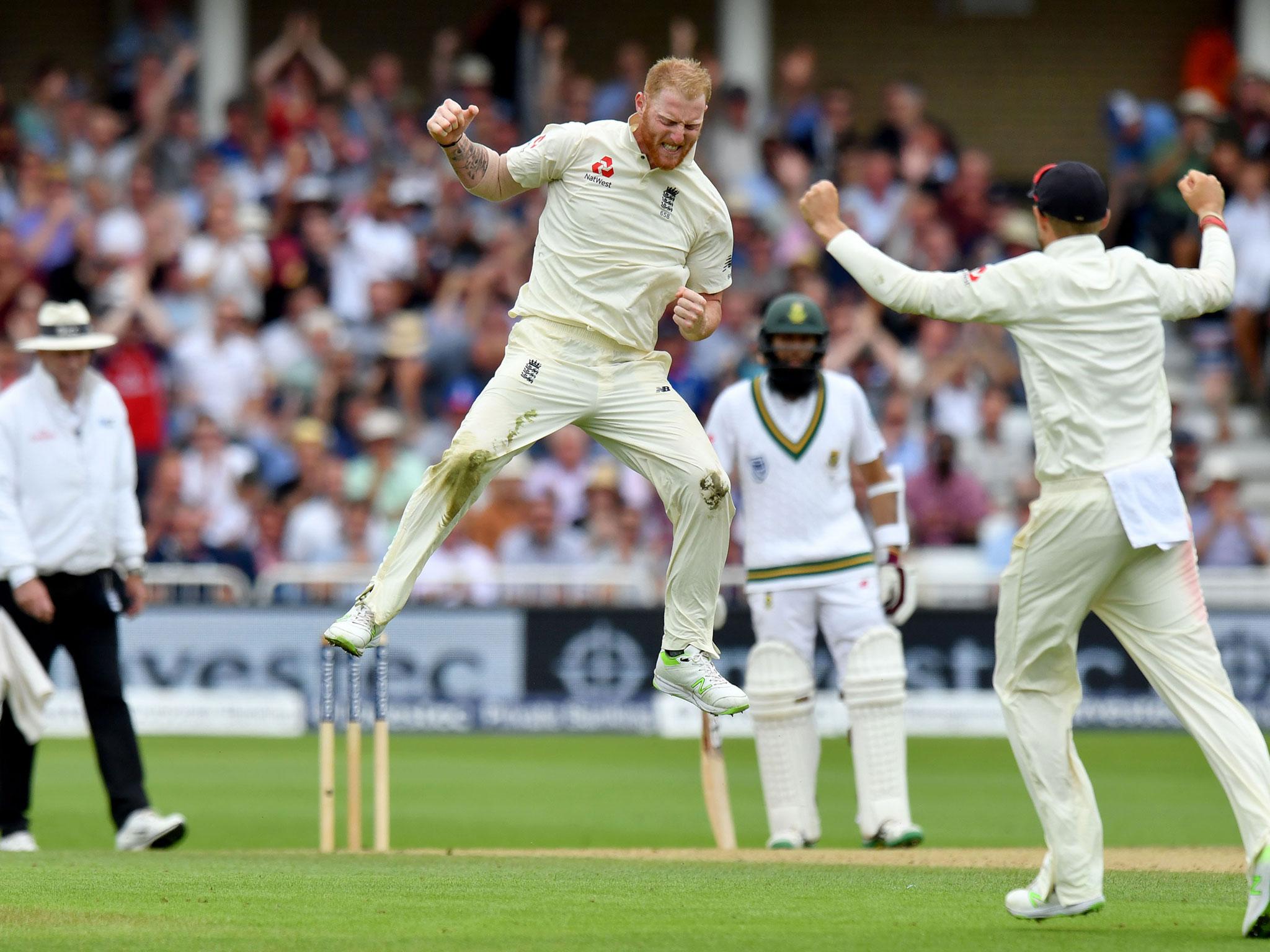England must defy history and cricketing logic as South Africa leave them staring down the barrel of big defeat
Having been set a notional 474 to win, they will resume on Monday morning with respectability perhaps the only thing they can hope for

England will have to defy both cricketing logic and history to avoid defeat in this second Test against South Africa.
Having been set a notional 474 to win, they will resume on Monday morning on one without loss in their second innings after openers Alastair Cook and Keaton Jennings saw off four overs at the end of this third day.
Another 180 will have to be negotiated by a team who were dismissed for 205 on the second day, a batting display that has left them staring down the barrel of a sixth defeat in eight Tests.
Things could be much worse, too, after South Africa, who finally declared their second innings on 343 for nine 20 minutes before the close, were awarded the prized wicket of Cook with the first ball of England’s innings.
Cook played across Morne Morkel’s opening delivery and was rapped on the pads. Umpire Paul Reiffel raised his finger, but the review came instantly from the former England captain. It showed the ball missing the stumps.
Yet it was an indication of just how difficult England’s task will be to save this Test. In truth, that is a long shot. Indeed, taking this match into a fifth day would be an achievement of sorts.
To put what has been asked of Joe Root’s team into context it is worth noting the record successful run chase in Test history is 418. England have never successfully pursued more than 332 and the most runs chased down in Tests at Trent Bridge is 284.
If winning seems fanciful then drawing this match – and preventing South Africa from levelling the series at 1-1 with two matches to play – might be even more of a long shot given the weather for the final two days here is set fair.
There is one precedent England might be able to cling to – Michael Atherton’s famous rearguard against South Africa at Johannesburg in 1995.
The former England captain spent 11 hours at the crease for his 185 to save the game. However, even then England batted for 165 overs – 19 fewer than they’d have to see out here.

As I said, saving this game really does appear mission impossible even for the most one-eyed England follower.
Optimism levels among another sell-out crowd in Nottingham were low anyway after they had been forced to sit through what amounted to a war of attrition for England’s bowlers for the majority of the day.
It had begun with the chances of a home victory already remote given South Africa’s overnight lead was 205. Both Dean Elgar and Hashim Amla were well set as the tourists resumed their second innings on 75 for one.
Amla was the key wicket England needed if they were to drag themselves back into this contest. The frustration is they had him on 25 when he edged Stuart Broad behind. The edge was thin and the appeal, strangely for Broad, muted. Umpire Simon Fry was unmoved and with just one review left, Root opted not to go upstairs.

UltraEdge technology, though, showed contact with the bat – Amla should have been gone. However, the man who scored 482 runs in the last series between these teams in England in 2012, went on to score 87 in 180 balls before he was eventually trapped lbw to the left-arm spin of Liam Dawson. This time England used their one remaining review and it worked in their favour.
Yet, coming as it did 21 minutes before tea, South Africa’s lead was 346 at that point. The damage had been done.
In between Amla’s early let-off and eventual dismissal, there was little joy for England other than two wickets in the space of five balls late in the morning session.

Firstly, Elgar top-edged a Ben Stokes short ball to backward square leg. The opener had made 80. The dangerous Quinton De Kock then made just one before he edged James Anderson behind.
Despite those two breakthroughs, England were still up against it as South Africa, on 160 for three, went into lunch with a lead of 290. By this point Amla had already posted his 34th Test half-century, getting to 50 with a six off Dawson.
The afternoon was to prove a slog, England’s bowlers sitting in as Amla and captain Faf Du Plessis built a 62-run partnership in 25.3 overs before the former’s departure shortly before tea.

England then chipped away with regular wickets in the final session as the lead crept past 400. Temba Bavuma, just one delivery before England took the second new ball, was the first of four wickets for Moeen Ali.
Stokes’ excellent bowling performance was rewarded with the wicket of Du Plessis, leading from the front with 63 before he was trapped lbw by a delivery that kept low.
Moeen, whose ten wickets inspired England to victory in the first Test at Lord’s, then accounted for Chris Morris, Keshav Maharaj and Vernon Philander. It was the final wicket of Philander that sparked the declaration and the start of the real hard work for England.
Join our commenting forum
Join thought-provoking conversations, follow other Independent readers and see their replies
Comments
Bookmark popover
Removed from bookmarks